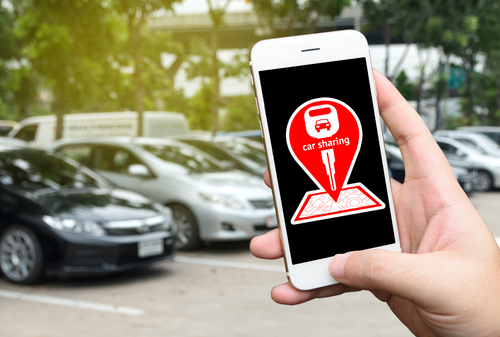
The Action Network, a group of more than 50 public, private, and nonprofit organizations, recently released its Shared Mobility 2030 Action Agenda.
The agenda is a to-do list on how network members can change, evolve, and improve to make equitable, clean, shared mobility more convenient, practical, available, accessible, and affordable than owning or driving a car. It asks members to set achievable goals. The network will then track progress at the company, agency, sectoral and global levels. Lessons learned from members meeting or falling short of their goals will be compiled into an annual report that will present recommendations to increase the agenda’s effectiveness.
A United Nations Technology Executive Committee and the Climate Technology Centre and Network report states that mobility is likely to play a minor role in deep decarbonization. The Action Network disagrees.
The Action Agenda is driven by local governments, with mayors from multiple cities participating.
In 2019, the shared mobility market accounted for between $130 billion to $140 billion in global consumer spending. Experts estimate this could reach $300 billion to $500 billion globally by 2030.
The release was timed to correspond with the Conference of Parties of the United Nations Framework Convention on Climate Change.